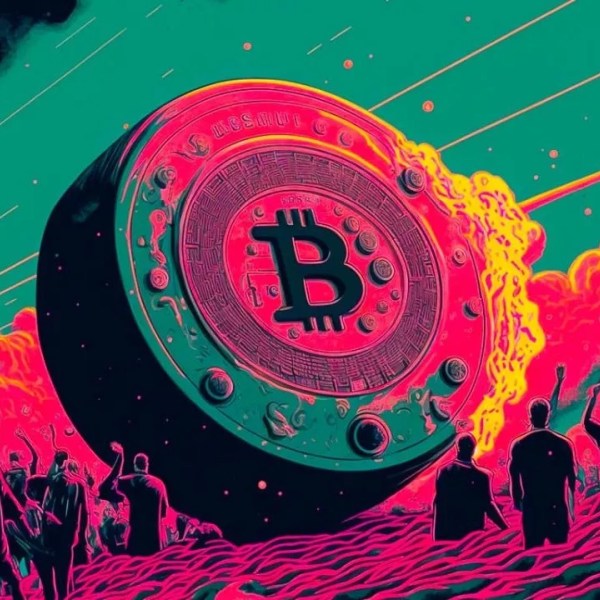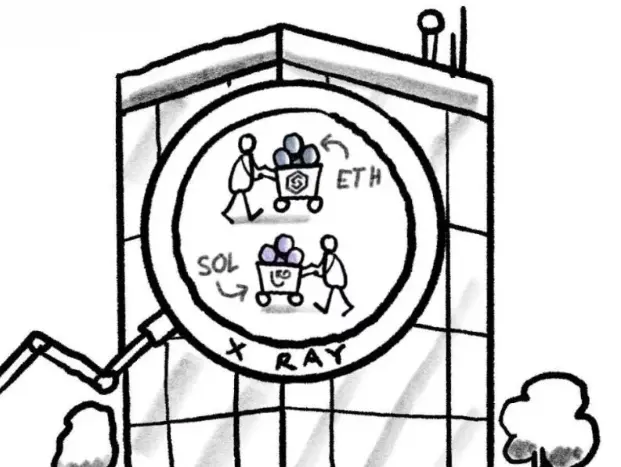Argentinian President Javier Milei charged with fraud over $LIBRA token scandal: AP
Quick Take Argentinian lawyers, alongside the former head of the country’s Central Bank, charged President Javier Milei with fraud over his involvement with the $LIBRA token project, which collapsed 95% from its peak. Hayden Davis, an advisor to the project, accused Milei of sparking the crash by withdrawing his support, though the token had already lost significant value by that time.

Argentinian lawyers have reportedly charged the country's President, Javier Milei, with fraud over his involvement in the $LIBRA token project, escalating a scandal that erupted over the weekend after the token, initially promoted by Milei, crashed 95% in value.
“Within this illicit association, the crime of fraud was committed, in which the president’s actions were essential,” plaintiff Jonatan Baldiviezo told the Associated Press . Another of the plaintiffs, Claudio Lozano, is an economist who formerly served as the head of Argentina's Central Bank; another lawyer and engineer also joined the lawsuit.
Milei has denied advance knowledge of the token project and has maintained his innocence in the scandal. His administration announced yesterday that it would open its own investigation into the token project, as some members of his political opposition call for an impeachment trial.
"Given the facts, President Javier Milei has decided to immediately involve the Anti-Corruption Office (OA) to determine whether there was improper conduct on the part of any member of the National Government, including the President himself," a translation of his announcement states .
Hayden Davis, an advisor on the project, accused Milei of sparking the crash in price by withdrawing his support for the project, causing investors to lose confidence. "As the custodian—not the owner — of these funds, I do not feel comfortable transferring them to Milei's associates or the KIP team," Davis said in a statement .
However, on-chain data show that the price had already fallen precipitously from its peak at the time Milei pulled his endorsement; an earlier wave of selling was seemingly sparked by reports that the token project's insiders cashed out $107 million in trading fees and liquidity pool funds. Davis seemingly alluded to the funds in his statement, saying he plans on reinvesting the funds under his control, "as much as $100 million," into the project by buying and burning the token.
A judge on the case could be assigned as soon as tomorrow, according to the AP.
Disclaimer: The content of this article solely reflects the author's opinion and does not represent the platform in any capacity. This article is not intended to serve as a reference for making investment decisions.
You may also like
Market value evaporates by 60 billions! Faith shaken, institutions on the sidelines—has bitcoin’s “post-halving crash” curse come true?
A major reason for the recent plunge is market concerns over a repeat of the "halving cycle"—that is, after a supply reduction triggers a boom, a deep correction inevitably follows. Panic selling by investors, combined with a stagnation of institutional funds and macroeconomic headwinds, have collectively led to a collapse in market confidence.

SharpLink and Upexi: Each Has Its Own Strengths and Weaknesses in DAT
For this model to be sustainable, one of the following two scenarios must occur: either staking truly becomes a corporate cash engine, continuously providing funds for digital asset purchases; or companies must incorporate the planned sale of digital assets into their digital asset strategies to achieve systematic profits.

80% is hype? Six major red lines reveal the true intentions of Stable
It appears to be an infrastructure upgrade, but in essence, it is an early, insider-friendly issuance.

Global assets are falling simultaneously—why have safe havens collectively failed?

